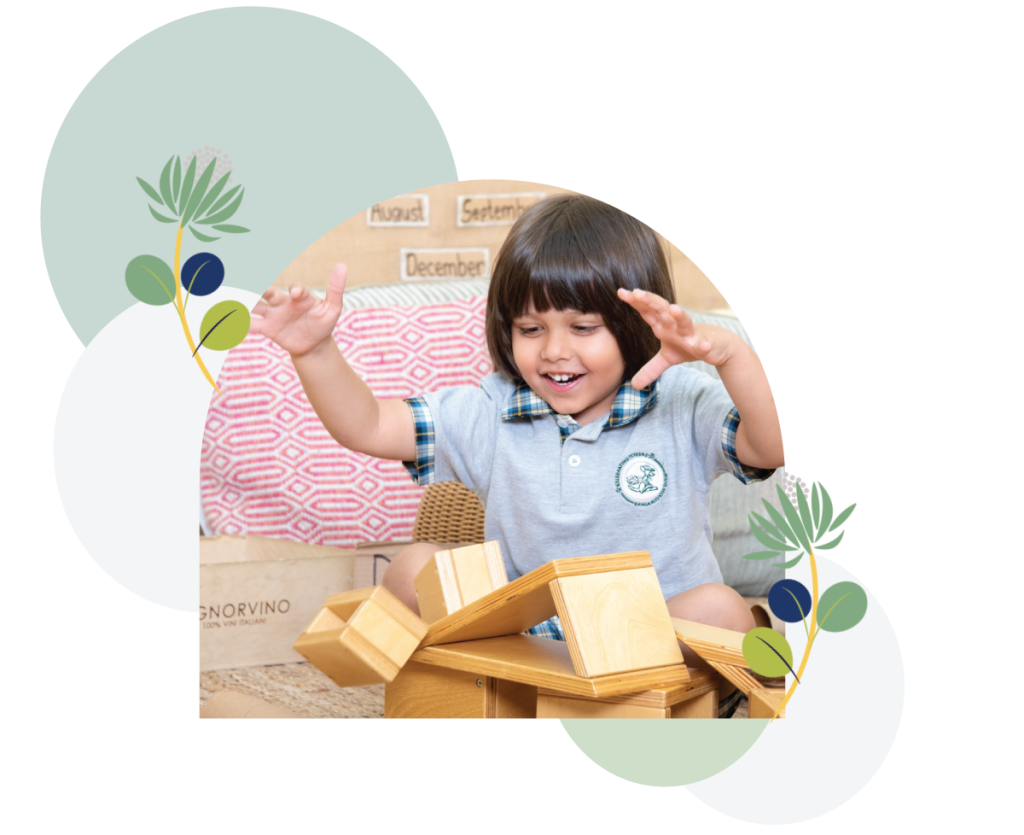Early childhood education is a critical phase in a child’s development, laying the foundation for future learning and well-being. The EYFS framework emphasizes a holistic approach, focusing on seven key areas that contribute to a child’s overall growth and learning.
Personal, social, and emotional development:
This area centers on fostering children’s self-awareness, building positive relationships, and developing a sense of responsibility. Activities aim to enhance emotional resilience and social skills, preparing children for successful interactions in later life.
Communication and language:
Effective communication is fundamental to all aspects of learning. This area focuses on developing children’s listening and speaking skills, encouraging them to express themselves confidently. It lays the groundwork for literacy and sets the stage for successful academic progress.
Physical development:
Physical well-being and motor skills are crucial components of a child’s overall development. This area encompasses both fine and gross motor skills, promoting a healthy and active lifestyle. Through various activities, children enhance their coordination, strength, and spatial awareness.
Literacy:
Literacy forms a cornerstone of education, and this area concentrates on fostering a love for reading and writing. Early exposure to books, rhymes, and storytelling builds the foundation for strong literacy skills, enabling children to communicate effectively in written form.
Mathematics:
Mathematics is integrated into everyday activities, fostering a natural understanding of numerical concepts. From counting to problem-solving, this area cultivates a child’s mathematical thinking and lays the groundwork for more advanced mathematical skills in later education.
Understanding the world:
This area broadens children’s horizons by introducing them to diverse cultures, environments, and technology. It encourages curiosity, exploration, and an understanding of the world around them, promoting a sense of global awareness.
Expressive arts and design:
Encouraging creativity and imagination is the focus of this area. Through various artistic mediums, children explore self-expression, develop fine motor skills, and learn to appreciate different forms of artistic expression, setting the stage for a lifelong appreciation of the arts.
The EYFS framework recognizes the multifaceted nature of early childhood development. By addressing these seven key areas, educators and parents collaborate to provide a well-rounded foundation that equips children with the skills and knowledge needed for a successful educational journey.
